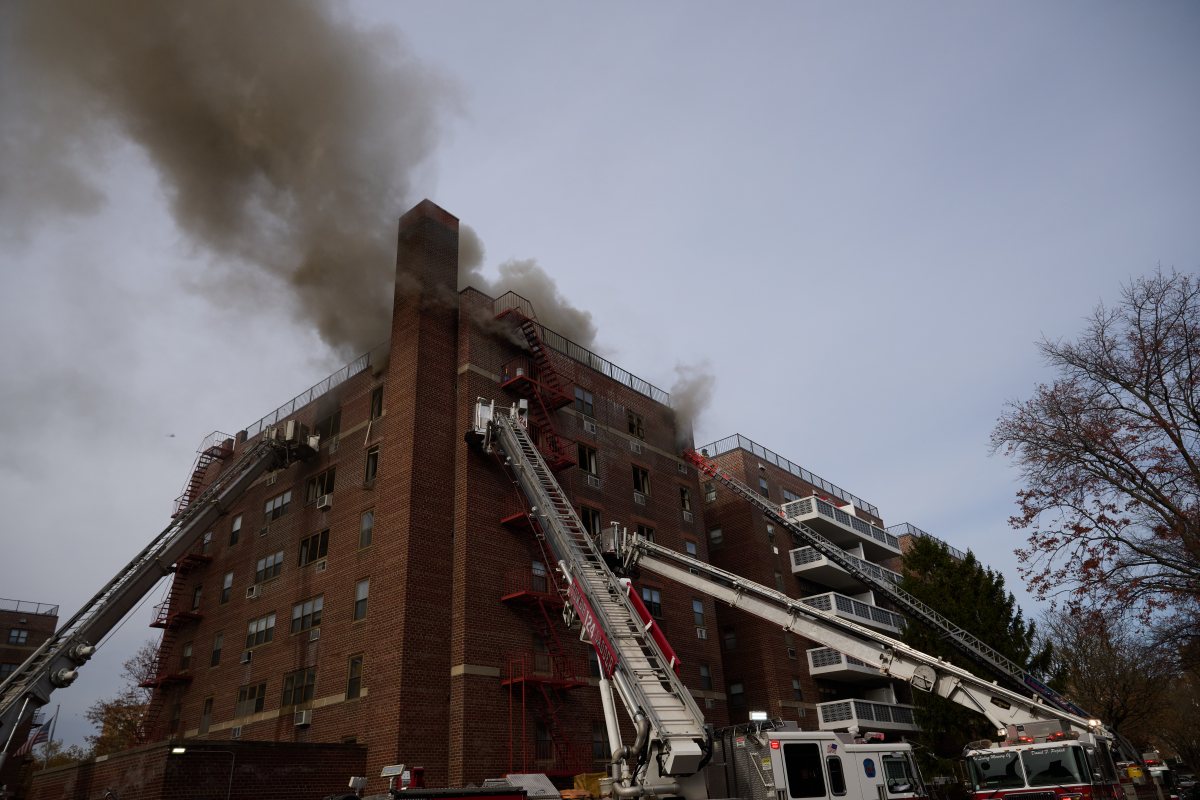By Lesley Sussman
At Community Board 3’s Halloween eve full-board meeting, where goblins and witches didn’t turn out but about 70 local residents did — a few in costume — some community leaders called the board’s S.L.A. Committee a nightmare. The committee’s critics accused it of having “inconsistent voting” record when it came to approving or disapproving liquor licenses in so-called “resolution areas,” where there are a proliferation of bars, clubs, lounges and restaurants with liquor licenses.
C.B. 3 recently passed a motion regarding the proliferation of liquor licensed-establishments in some East Village and Lower East Side areas, such as Ludlow St. between Houston and Delancey Sts., where 21 establishments have liquor licenses, and St. Mark’s Place between First Avenue and Avenue A, which currently has 18 liquor licenses.
The policy document, designed to act as a procedural guide to effectively deal with the quality-of-life concerns of residents, said that prospective applicants for new licenses and upgrades of existing licenses within these “resolution areas” would be given “sufficient notice that their applications will be denied because of the quality-of-life and safety conditions that exist” as a result of the overconcentration of establishments serving alcohol.
Several speakers at the meeting charged, however, that the S.L.A. Committee was ignoring C.B. 3’s own resolution.
Kurt Cavanaugh, managing director of the East Village Community Coalition — whose offices are at the Christodora House, 143 Avenue B — said that his group “remains disturbed that the C.B. 3 S.L.A. Committee is not representing the interests of our community.”
He said the committee has been “inconsistent in regard to licenses in resolution areas,” and that “it was time for the S.L.A. Committee to follow the policy document and represent our community.”
Cavanaugh added that, at a recent committee hearing, four licenses were approved in resolution areas when “there’s not supposed to be any new license approvals in these areas unless the applicant offers a public benefit or there is strong support from the community.”
Aaron Sosnick, a member and founder of E.V.C.C., said while the full C.B. 3 board was “very sympathetic to our concerns, we desperately need both the full board and the committee to work together in our community interest if we are to have any hope of influencing this issue with the state S.L.A. and preserve some amount of retail diversity in our neighborhood.”
David Conn, an S.L.A. Committee member, later in the meeting defended his committee’s voting record.
“Our S.L.A. Committee has taken a harder line over the past seven months,” he said. “But it’s unrealistic to have blanket denials for every applicant. If we do that, why do we even need to have hearings? We need to approve applications where it makes sense. We have businesses fighting for their lives who need a liquor license to survive.”
Conn added, “If they have a well-thought-out business plan and want a beer or wine license, we should not give a blanket denial. We have to scrutinize each application on a case-by-case basis.”
Ariel Palitz, a board member and owner of Sutra lounge, agreed with Conn.
“We have to look at the big picture,” she said, “but we also have to have humanity when looking at the applications.”
Susan Stetzer, C.B. 3’s district manager, said she agreed with much of the criticism of the S.L.A. Committee.
“Let’s look at what we’re trying to do in the community and for the area and not look at this license and that license,” she said. “Let’s send a consistent message. When we have a consistent message it makes a difference.”
Meanwhile, Richard Ropiak, co-chairperson of C.B. 3’s Economic Development Committee, said his committee was taking a different tack to address the problem of the oversaturation of liquor licenses in the neighborhood.
“We’re reaching out to property owners and telling them that if you have a vacant storefront we’d like you to consider putting something in there that doesn’t need a liquor license. We don’t know how they’re going to regard this and we’ll report back at the next meeting.”
Mendez: Buy books
In her report to C.B. 3, Councilmember Rosie Mendez said she is still fighting hard to save the St. Mark’s Bookshop. The store continues to struggle financially, and The Cooper Union, which owns the property, has refused to make a $5,000 monthly rent reduction that the store’s co-owners say they desperately need.
“The biggest thing we can do to save the bookstore is go there and buy books,” Mendez said. “That’s the best way to save it.”


































